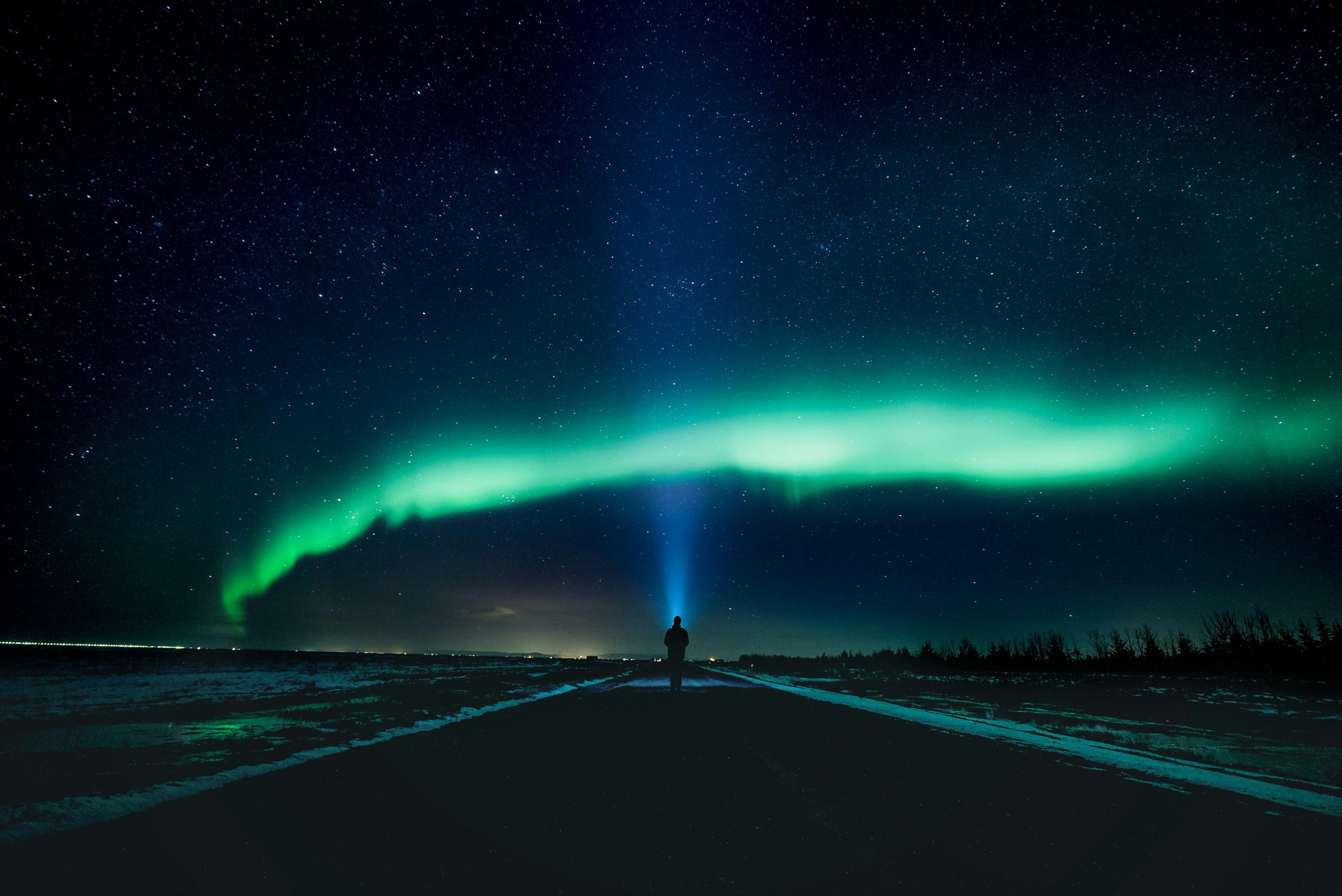Pachamama: Earth Mother in Native Andean Spirituality

Looking for more amazing products? Check out our online store and explore our collection here! Happy shopping!
Before diving in, please note: This post is for informational purposes only. If you’d like to know more about how we approach topics, feel free to check out our friendly Disclaimer Page.
Hey there, amazing readers! 
We’re committed to delivering quality posts, and your support (even just sticking around despite the ads) means everything to us. So, bear with us, and thanks for helping us keep the good vibes rolling. Now, on to the fun stuff!
TRANSLATE BUTTON AT THE END OF THE ARTICLE
Pachamama: Earth Mother in Andean Spirituality
Introduction to Pachamama and her significance
Pachamama, often referred to as Mother Earth, holds a significant place in the spirituality and culture of the indigenous Andean people.
The term "Pachamama" can be translated to mean "Mother Earth" or "World Mother" in the Quechua language.
She is believed to be the creator and nurturer of all life, and her worship is deeply rooted in the Andean worldview.
This article aims to explore the various aspects of Pachamama’s significance, rituals, symbolism, and her enduring legacy in Andean spirituality.
The Origins and History of Pachamama Worship
The worship of Pachamama dates back thousands of years, long before the arrival of the Spanish conquerors in the Andean region.
Indigenous cultures such as the Incas, Aymaras, and Quechuas have revered Pachamama as a benevolent deity and a source of life.
The origins of Pachamama worship are intertwined with the ancient beliefs in animism and the spiritual connection between humans and nature.
Throughout history, Pachamama has been a central figure in Andean cosmology and has played a vital role in shaping the religious practices and traditions of the region.
Understanding Pachamama’s Role in Native Andean Beliefs
In Andean spirituality, Pachamama is seen as a divine force that governs fertility, agriculture, and the cycles of nature.
She is believed to possess both the power to create life and the ability to bring destruction if not respected.
Pachamama is regarded as a nurturing mother figure who provides sustenance and protection to her children.
She embodies the harmonious relationship between humans and nature, emphasizing the interconnectedness of all living beings.
Pachamama’s worship involves acknowledging her presence in every aspect of life and showing gratitude for the blessings bestowed upon the community.
Rituals and Offerings to Honor Pachamama
The worship of Pachamama is manifested through various rituals and offerings performed by the Andean people.
These rituals serve to establish a reciprocal relationship between humans and Pachamama, where offerings are made in exchange for her blessings and protection.
One of the most common offerings is the "Despacho" ceremony, where a bundle of symbolic items such as coca leaves, flowers, and food is meticulously arranged and then ceremoniously offered to Pachamama.
Another important ritual is the "Challa," where alcoholic beverages, food, and other items are placed on altars or buried in the ground as offerings.
Pachamama’s Connection to Agriculture and Harvests
Pachamama’s connection to agriculture is deeply ingrained in Andean culture.
The Andean people, who have relied on farming for their sustenance for centuries, see Pachamama as the provider of fertile lands and abundant harvests.
Rituals and ceremonies are performed before planting and harvesting to honor Pachamama and seek her blessings for a successful crop.
These rituals include offerings of food, drinks, and symbolic objects, as well as the participation of the community in dances, music, and prayers.
The reverence for Pachamama in agricultural practices highlights the Andean people’s deep respect for the Earth and their reliance on its resources.
Pachamama’s Influence on Andean Culture and Traditions
Pachamama’s influence extends beyond spirituality and has permeated various aspects of Andean culture and traditions.
Her presence can be felt in art, music, dance, and oral traditions passed down through generations.
Many Andean festivals and ceremonies are dedicated to Pachamama, where the community gathers to celebrate and express their gratitude.
The deep-rooted belief in Pachamama’s protective and nurturing nature has also shaped Andean ethical values, emphasizing the need to live in harmony with nature and treat the Earth with respect.
Pachamama Festivals and Celebrations in the Andes
Throughout the Andean region, numerous festivals and celebrations pay homage to Pachamama.
One of the most renowned is the "Pachamama Raymi," which takes place in August and signifies the end of the dry season and the start of the agricultural cycle.
During this festival, offerings are made, and rituals are performed to ensure a successful harvest.
In addition to the Pachamama Raymi, each community and region may have its own unique festivals and ceremonies dedicated to Pachamama, reflecting the diversity and richness of Andean culture.
Exploring Pachamama’s Symbolism in Andean Art and Mythology
Pachamama’s symbolism is prevalent in Andean art and mythology, offering deeper insights into her significance.
In art, she is often depicted as a benevolent mother figure, adorned with symbols of fertility and abundance.
Her image can be found in paintings, sculptures, pottery, and textiles, showcasing the importance of her presence in everyday life.
In Andean mythology, Pachamama is believed to reside in the mountains, where she protects and nourishes the land.
She is also associated with the Apus, the spirits of the mountains, further highlighting her connection to the natural world.
Pachamama’s Role in Environmental Conservation Efforts
In recent years, Pachamama’s role has expanded beyond spirituality to encompass environmental conservation efforts.
The Andean people, recognizing the fragile balance between humans and nature, have embraced Pachamama’s teachings as a call to protect the Earth.
Many indigenous communities actively engage in initiatives promoting sustainable practices, land preservation, and the preservation of traditional knowledge.
Pachamama’s reverence has become a driving force in the fight against environmental degradation, inspiring individuals and communities to take action and raise awareness about the importance of preserving the natural world.
Pachamama’s Relevance in Modern Andean Society
Despite the challenges and changes brought about by modernization, Pachamama’s relevance remains strong in contemporary Andean society.
The traditions and rituals associated with her worship continue to be practiced, passed down through generations, and adapted to the changing times.
Pachamama’s teachings serve as a reminder of the deep connection between humans and nature, fostering a sense of belonging and responsibility towards the Earth.
Her presence in everyday life, cultural expressions, and communal celebrations ensures that Pachamama’s legacy endures as a guiding force in Andean spirituality.
Conclusion: The Enduring Legacy of Pachamama in Andean Spirituality
Pachamama, the Earth Mother, holds a central and revered place in the spirituality, culture, and traditions of the Andean people.
Her significance as a nurturing and protective deity is deeply rooted in the indigenous beliefs and practices of the region.
Through rituals, offerings, festivals, and art, the Andean people honor and seek blessings from Pachamama, acknowledging the interconnectedness of all living beings and the importance of living in harmony with nature.
Pachamama’s relevance extends beyond spirituality and serves as a catalyst for environmental conservation efforts, inspiring individuals and communities to safeguard the Earth.
As the Andean people navigate the challenges of the modern world, Pachamama’s enduring legacy continues to guide and shape their spiritual beliefs and practices, ensuring the preservation of their rich cultural heritage.

The Enlightenment Journey is a remarkable collection of writings authored by a distinguished group of experts in the fields of spirituality, new age, and esoteric knowledge.
This anthology features a diverse assembly of well-experienced authors who bring their profound insights and credible perspectives to the forefront.
Each contributor possesses a wealth of knowledge and wisdom, making them authorities in their respective domains.
Together, they offer readers a transformative journey into the realms of spiritual growth, self-discovery, and esoteric enlightenment.
The Enlightenment Journey is a testament to the collective expertise of these luminaries, providing readers with a rich tapestry of ideas and information to illuminate their spiritual path.
Our Diverse Expertise
While our primary focus is on spirituality and esotericism, we are equally passionate about exploring a wide range of other topics and niches 

To ensure we provide the most accurate and valuable insights, we collaborate with trusted experts in their respective domains 
Our blog originally focused on spirituality and metaphysics, but we’ve since expanded to cover a wide range of niches. Don’t worry—we continue to publish a lot of articles on spirituality! Frequently visit our blog to explore our diverse content and stay tuned for more insightful reads.
Hey there, amazing reader! 
Check out our store here and take a peek at some of our featured products below! Thanks for being awesome!












